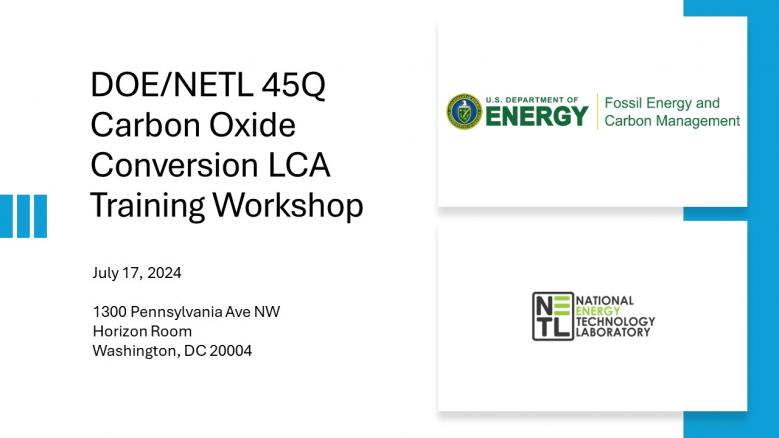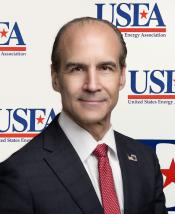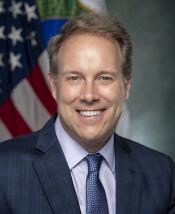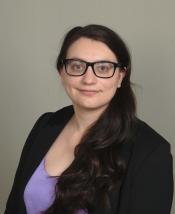
DOE/NETL 45Q Carbon Oxide Conversion LCA Training Workshop (Hybrid)
The utilization of qualified carbon oxide for Section 45Q tax credit (26 CFR 1.45Q-4(b)) requires a lifecycle analysis (LCA) be completed to determine the amount of qualified carbon oxides that were either “captured and permanently isolated from the atmosphere” or “displaced from being emitted into the atmosphere” through use of an eligible utilization process. The primary focus in the LCAs submitted for the 45Q tax credit for carbon capture and utilization is a quantitative comparison of the taxpayer’s lifecycle greenhouse gas emissions for the facility of interest to a reference process for yielding the same products. This equates to the displaced emissions and directly ties to the amount of captured carbon oxide that can be claimed for the tax credit.
This training workshop is offered to inform stakeholders and LCA professionals of the tools and resources available from the Department of Energy’s National Energy Technology Laboratory (NETL) to support the development of an LCA that is compliant with the 45Q requirements. The workshop will include a descriptive overview and demonstration of the new and existing tools.
The NETL 45Q LCA Guidance Toolkit is being updated to include additional resources to assist applicants in developing LCAs that satisfy the criteria for the tax credit, facilitate timely reviews, and improve transparency. DOE has been working in close coordination with the IRS to continuously improve these resources based on questions from stakeholders and trends in LCAs reviewed to date. The enhanced resources include:
- Standardized comparison product system (CPS) life cycle inventory data for carbon oxide capture from ammonia and ethanol facilities.
- Example LCA reports that are consistent with the NETL guidance.
- Updated guidance document including clarifications to address frequently asked questions.
- Transparent checklist used by the NETL team to conduct technical reviews of LCA submissions.
In addition to these tools, DOE/FECM will also discuss the extended Utilization and Procurement Grant (UPGrants) program, which is looking to support projects that have the potential to take advantage of the 45Q tax credit for utilization. DOE/FECM recognizes the need to build LCA capability in this space to help accelerate the development and adoption of utilization technologies, especially for emerging technologies. To facilitate this, DOE is bolstering resources and encouraging applicants to make use of the LCA review process established in support of the UPGrants program. This review process provides additional support and technical assistance to product manufacturers, program applicants, and technology developers in the carbon utilization space to develop product specific LCAs in accordance with the FECM/NETL Guidance and ISO standards. Note, the review of an LCA prepared for the UPGrants program will not constitute any sort of pre-approval, certification, or guarantee for the 45Q tax credit.
Robust LCAs create a number of potential opportunities for carbon utilization projects, including federal grants (e.g., UPGrants), federal tax credits (e.g., 45Q), and qualification for ‘Buy Clean’ initiatives via documentation in environmental product declarations (EPDs).
The Section 45Q tax credit is administered by the IRS. As described in 26 CFR 1.45Q-4(c)(6), DOE assists the IRS in this regard by providing technical reviews of LCAs submitted by applicants wishing to claim the tax credit. Given that 45Q is subject to potential rulemaking to account for changes promulgated through the Inflation Reduction Act (IRA), we will be unable to address policy questions during this session.




